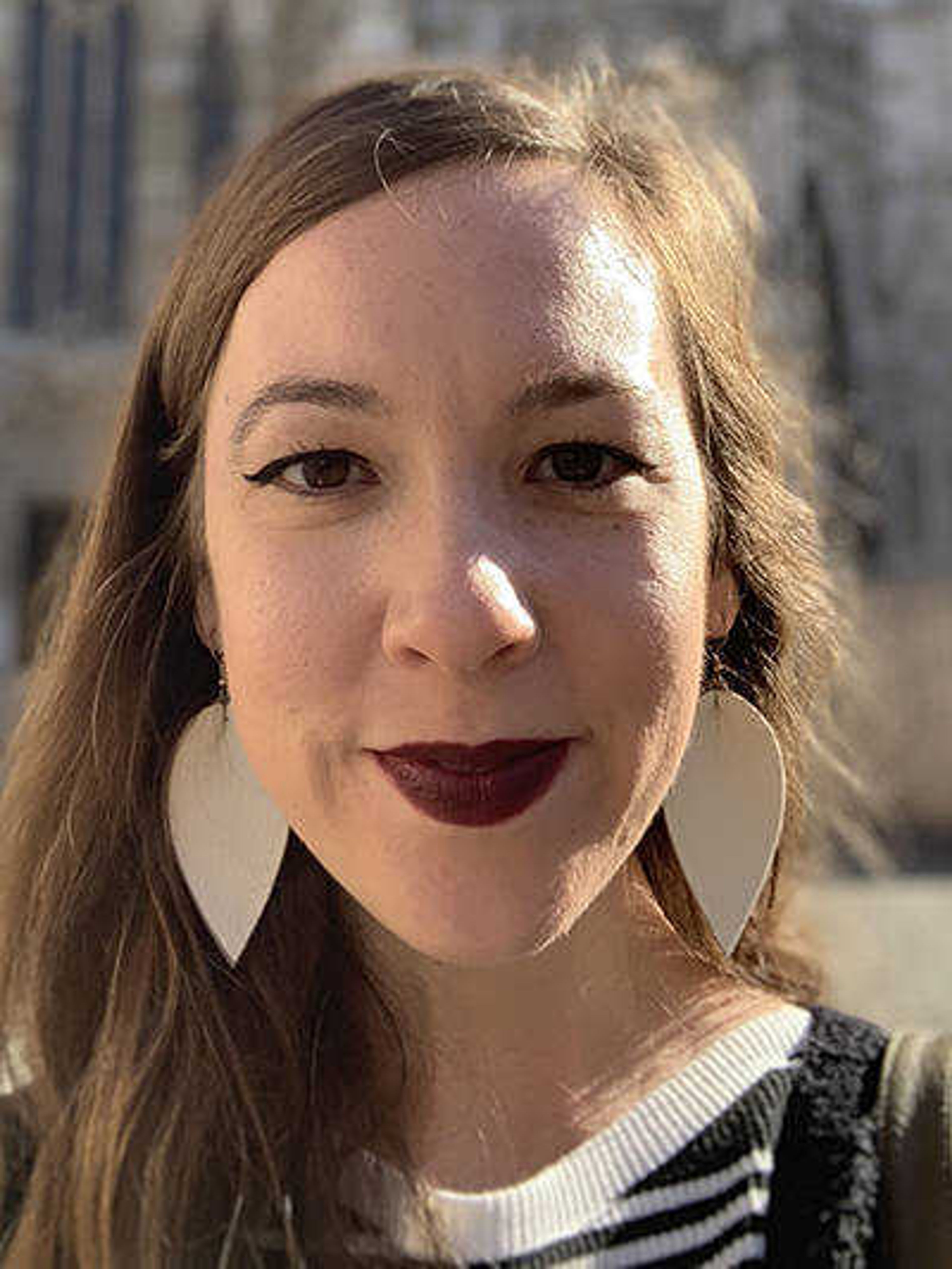The new and the old
To me, New Year's Eve and New Year's Day always feel like a held breath, a still pause. They are moments within that we reflect on what has passed and wait in hopeful expectation to be set into motion. I think this is how Mary and Joseph must have felt when they brought Jesus to the temple in Jerusalem to present him to the Lord. ...
By Mia Pohlman
To me, New Year's Eve and New Year's Day always feel like a held breath, a still pause. They are moments within that we reflect on what has passed and wait in hopeful expectation to be set into motion.
I think this is how Mary and Joseph must have felt when they brought Jesus to the temple in Jerusalem to present him to the Lord. While they're there, Simeon and Anna prophesy over Jesus, referencing the expectation of many generations of the people of Israel who have waited for this baby, creating wonder in Mary and Joseph for what is to come. God has changed their own plans for their lives, and they cannot possibly understand the ramifications of their "Yes" to him, and yet, they continue to say "Yes" daily and trust in God. The ancient and the new meet in Jesus Christ, and they are a part of it.
The meeting of the ancient and new is what I love about the testimonies of "the ancients" in Hebrews, Chapter 11, in which we hear about the faith of Noah, Moses and Abraham and so many more who have come before us. It's what I love about the first chapter of John, in which he takes us all back to "in the beginning" to tell us about the Word's existence, before setting us back down into Jesus' time to tell us about John the Baptist. It's what I love about any genealogy in Scripture, in which we remember the individuals it took to create someone down the line who would change the world.
I love these narratives, which show how the little pieces come together in the grand picture. In our impatience to see results, these stories reveal what is going on is bigger than what we can see in one lifetime, deeper than our fickle emotions, more true than anything we could understand or imagine. Every little thing and every single person is being redeemed, brought back to our Father through his Son, and we are a part of it. This is the ancient and new.
After a study of time in his autobiographical work, "Confessions," St. Augustine decides the mind performs three functions: those of expectation, attention and memory. He concludes this is what we actually measure when we measure time. He writes: "You, my Father, are eternal. But I am divided between time gone by and time to come, and its course is a mystery to me. My thoughts, the intimate life of my soul, are torn this way and that in the havoc of change. And so it will be until I am purified and melted by the fire of your love and fused into one with you."
Being subject to time and change is part of our human condition -- it is part of the gift to us in our God's creation of us, part of how God wants us to experience himself. In the hope and the stress of this, our God is here in us, with us, through us, as we together attain the salvation of our souls.
Connect with the Southeast Missourian Newsroom:
For corrections to this story or other insights for the editor, click here. To submit a letter to the editor, click here. To learn about the Southeast Missourian’s AI Policy, click here.










